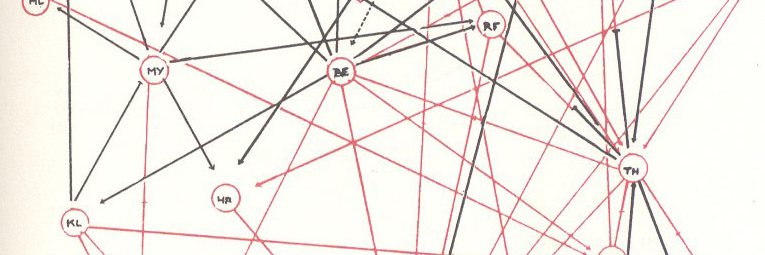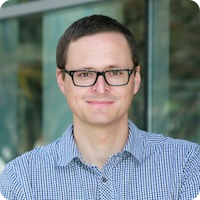|
Symposium "Computational Social Science"
(c) Jacob Moreno: Who Shall Survive? A new approach to the Problem of Human Interrelations. Beacon House, 1934 Computational social science has become a buzz word, already. On the one hand, it bears the promise to revolutionize social sciences, by means of 'big' data mining, new analytics, large-scale computer simulations. On the other hand, just like in any scientific endeavour, research should be aimed at testing hypotheses informed by social theories, rather than merely being motivated by the availability of data or computational methods. Our symposium wants to contribute to this discussion in a twofold manner: First, it highlights hot topics in computational social science, such as data-driven studies of political systems or the quantitative analysis of social organizations. Secondly, it showcases how advanced computational and statistical methods can be used to quantify, measure and analyse social phenomena and to address long-standing issues in the social sciences. Frank Schweitzer
Program
9:00 - 9:15 Opening (Frank Schweitzer)
The wide-spread adoption of online and social media by political parties has catalyzed research into computational approaches towards understanding political systems and phenomena. With the web as a platform, new fine-grained, high resolution data about political actors and processes has become available that enables novel insights into how political actors communicate with voters, how they coordinate with each other, and how they participate in agenda setting and decision making. In this talk I will present ongoing research about measuring such political processes using data from Twitter during the German Bundestagswahl 2013 and data from the Online Delegative Democracy platform LiquidFeedback.
The convergence of social and technical systems provides us with a wealth of data on the structure and dynamics of social organizations. It is tempting to utilize these data in order to better understand how social organizations evolve, how their structure is related to their "success", and how the position of individuals in the emerging social fabric affects their performance and motivation. Taking a complex network perspective on these questions, in this talk I will introduce recent research results obtained in the context of collaborative software engineering. These results demonstrate the potential of computational methods in the study of social phenomena. At the same time I will highlight fallacies arising in the application of the complex networks perspective on socio-technical systems.
10:45 -11:15 Coffee Break
Centrality indices are usually referred to as measures of structural importance, but the allusion to measurement is rather problematic. We propose an alternative approach to centrality that is inspired by conjoint measurement and based on a common generalization of previous notions of position together with a novel concept of positional dominance. It has far-reaching implications for network analysis at large, some of which will be hinted at. |
||||||||||||



